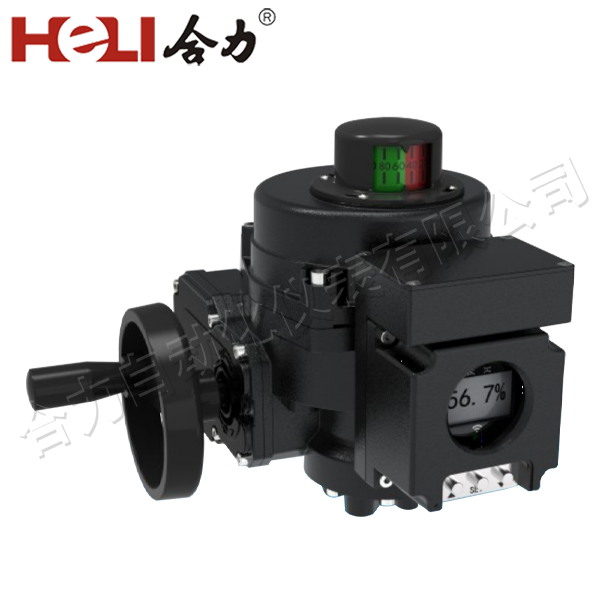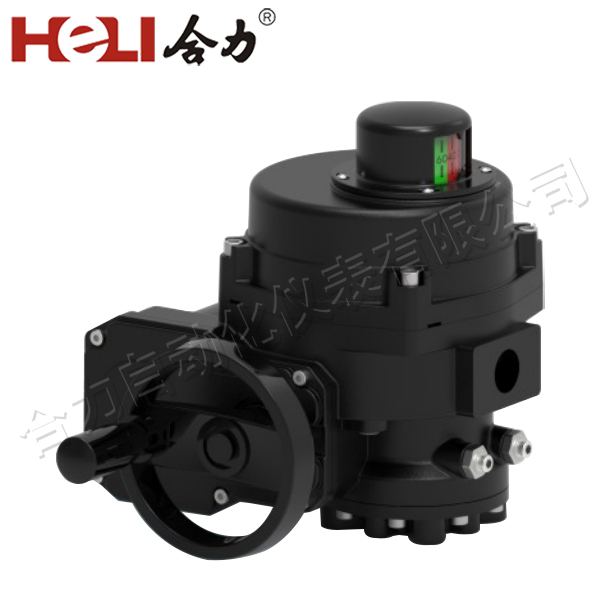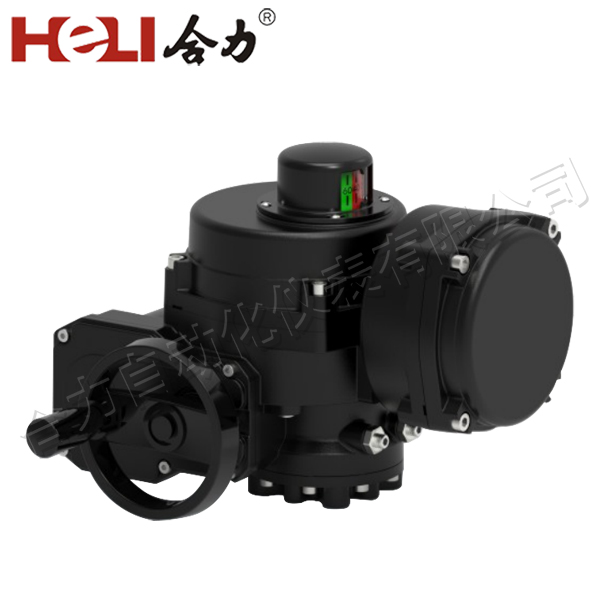the future of hydrogen energy electrical installation: pioneering a cleaner tomorrow
Release time:2025-01-14 03:50:01
In recent years, hydrogen energy has emerged as a promising alternative to conventional fossil fuels, particularly in the quest for cleaner and more sustainable energy solutions. One critical aspect of advancing hydrogen energy technology is its electrical installation, which plays a vital role in harnessing, storing, and distributing hydrogen power efficiently and safely. This article delves into the significance of hydrogen energy electrical installation, its current advancements, and the challenges and opportunities it presents.

Understanding Hydrogen Energy

Hydrogen energy is derived from hydrogen, the most abundant element in the universe, and can be used to generate electricity through various methods. The most common method involves using hydrogen fuel cells, which produce electricity by combining hydrogen with oxygen, resulting in water and heat as byproducts. This process is highly efficient and emits zero greenhouse gases, making it a prime candidate for reducing our carbon footprint.
The Role of Electrical Installation




